Diver Pipeline Deaths Blamed On Oil Company’s Criminal Negligence
Almost two years after the horrific deaths of four Trinidadian scuba divers who were pulled down a pipeline, one of the most viewed news stories is still the one about their tale.
According to a thorough investigation released by the Commission of Enquiry (CoE) in Trinidad & Tobago, Paria Fuel Trading, a state-owned oil corporation, handled the deadly event with “gross negligence and consequently criminal” conduct.
According to the investigation, Paria should be charged with corporate manslaughter by the director of public prosecutions (DPP) as it made “little or no attempt to rescue” the divers. Additionally, it has suggested that two people be prosecuted, one of whose sons perished in the catastrophe.
Diver Rishi Nagassar’s widow, Vanessa Kussie, has stated that the bereaved families, who have been struggling since the incident, should receive lifelong compensation based on the men’s entire salary. She has also demanded the dismissal of Paria’s six-member board of directors, which has declined to take responsibility for the deaths.
The largest oil refinery on the island, situated in Pointe-a-Pierre in western Trinidad, is home to five underwater welders who were working in a bell at a depth of eighteen meters on February 25, 2022, when the deadly event happened.
The divers worked for Land & Marine Contracting Services (LMCS), a service provider hired by Paria to do regular maintenance on an underwater oil pipeline with a 90 cm bore that extended 400 meters from land to a berth at sea.
However, the air within the pipeline created a strong vacuum effect when they removed a plug, sucking the five divers into the pipe in a line while they were still alive and could initially breathe inside air-pockets.
After sometimes surviving for days, Nagassar (48), his colleagues Fyzal Kurban (57), Kazim Ali Jr. (37) and Yusuf Henry (31) all finally passed away. The last person into the pipe, Christopher Boodram, was the only one to escape unharmed after making his way back to the entrance and being saved by the divers’ family, led by Michael, Kurban’s son.
It is difficult to understand inertia
Boodram informed his rescuers that the other divers were still alive but in need of rescue due to varied injuries. Michael Kurban said that the length of his umbilical air supply had prevented him from trying to enter the pipe.
Later, he said that crucial time had been wasted because he and the other volunteers had been stopped from attempting to carry out their own rescue because they were going against health and safety procedures.
According to the CoE investigation, Paria was found to have blocked a contractor from sending commercial divers to rescue the guys who were stuck, wasted several hours looking for them in open water, delayed the deployment of cameras, and neglected to confer with the volunteer rescuers who were there.
“Paria made little or no attempt to rescue, in that they failed to manage and co-ordinate the resources that were available,” it says. “The opportunity to rescue the men from the pipe was completely wasted by a degree of inertia that is difficult to comprehend.”
The audit also discovered evidence to support the prosecution of LMCS managing director Kazim Ali Snr. and Paria terminal operations manager Colin Piper separately for a number of alleged offenses under the Occupational Safety & Health Act of Trinidad & Tobago.
But survivor Boodram and widow Kussie said they would rather that Ali Sr. not be prosecuted, particularly because his son Kazim Ali Jr. was one of the deceased.
“Piper showed no signs of sincerity to the families,” Boodram told Trinidad & Tobago Newsday. “No one from Paria has apologised to the families. In trying to forgive, I would not like him [Ali Snr] to be prosecuted, but the company should hold full responsibility.”
Boodram reports that he is no longer able to work as a diver, is having trouble sleeping, and is still getting counseling. “Diving is my passion, but I just can’t bring myself to go in the water anymore after what happened,” he stated. “There are moments when I wonder if my death would have made things easier for my family and me.”
Not one black cent
At first, Paria said that it had been keeping an eye on the injured divers from the surface, having its own rescue divers on standby, and that it had immediately alerted the Coast Guard to the situation.
However, the relatives have disputed this account, saying that rescue divers were reluctant to enter the pipe until the laborious process of pumping out the contents had been finished and that Paria had not even sent reThe energy minister has now delivered the report to the House of Representatives and referred it to the DPP. It has 52 suggestions for further action and mentions paying family compensation.
It says, “Real consideration needs to be given to assisting the families in the immediate aftermath of the incident to help them with the financial burden that they have been catapulted into,” when families have had their loved ones and breadwinners snatched away from them in circumstances like these, or any tragedy.
“This only needs to acknowledge that the families of those who have passed away or suffered severe injuries might need assistance; it does not require any admission of liability.” Despite Paria’s persistent denial of guilt, the families’ attorneys have stated that they will pursue damages for their clients and, should that be denied, will file lawsuits in high court against Paria and LMCS.
The relatives’ friend and activist Kevin Lalchan told Newsday, “The families have not gotten one black cent from the government or any sort of compensation from Paria.” He also expressed his satisfaction with the report’s conclusions and thought they could set a precedent for similar incidents in the future.
Following what he described as the report’s “damning revelations,” local MP Rushton Paray urged Trinidad and Tobago’s prime minister Keith Rowley to remove the Paria Fuel Trading board. Rowley claimed that the report revealed “severe lapses in duty and glaring incompetence within the board and senior executive management of Paria.”
The Trinidad & Tobago Police Service or another investigating agency will be tasked with carrying out the criminal prosecution if the DPP chooses to go forward with it.mote cameras inside until about 12 hours after the initial incident.
Disclosure: This post may contain affiliate links, which means that DIVEMONDO may receive a small commission if you make a purchase using these links. As an Amazon Associate this website earn from qualifying purchases.

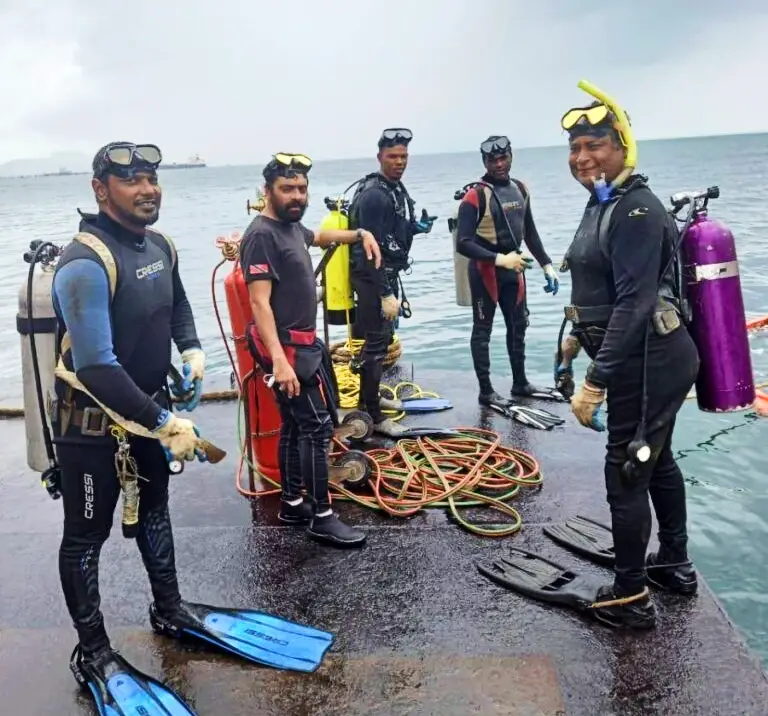

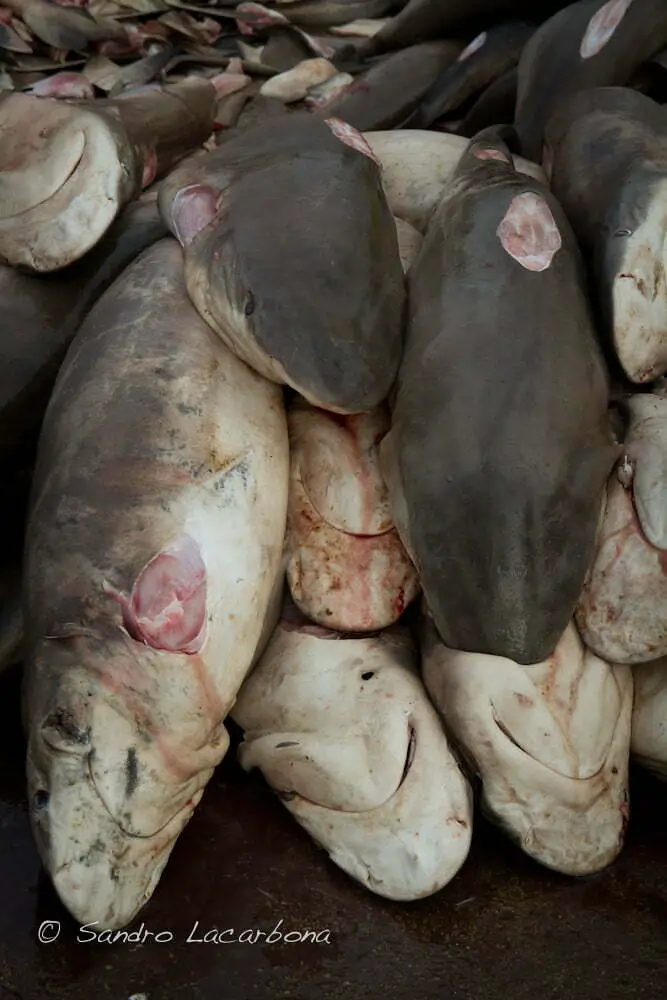
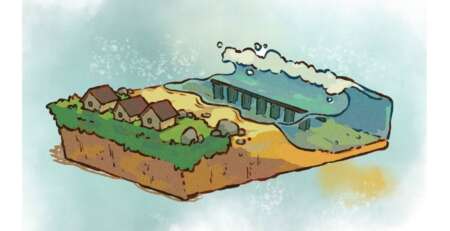
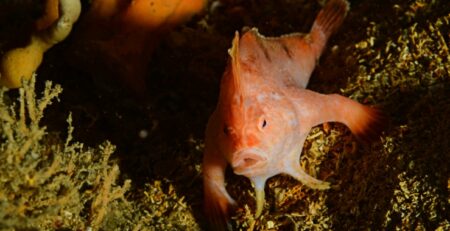

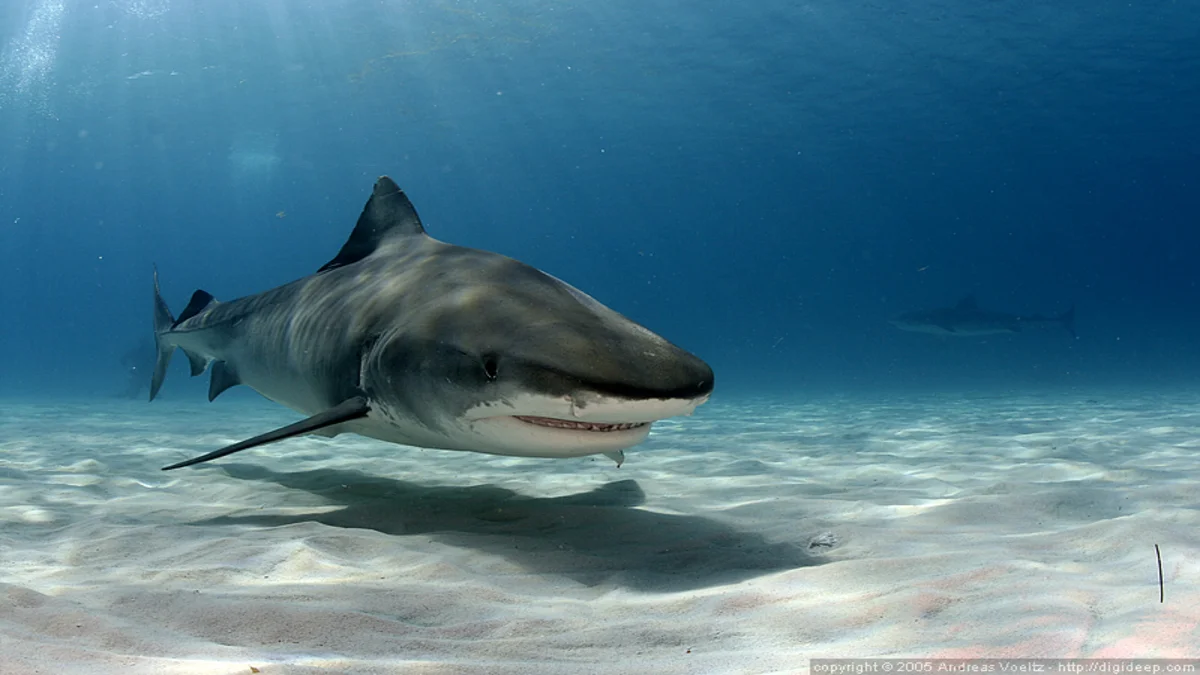
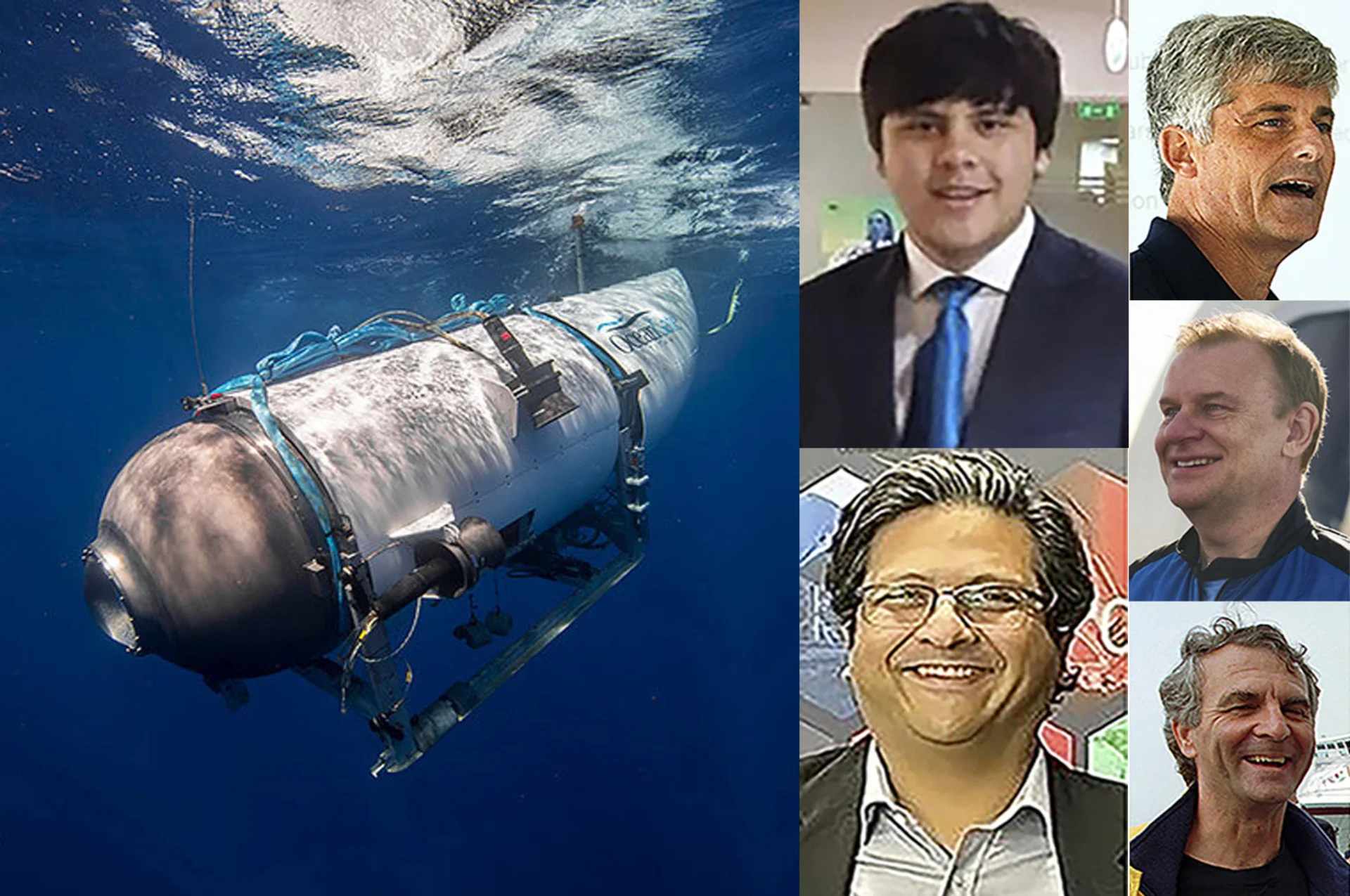
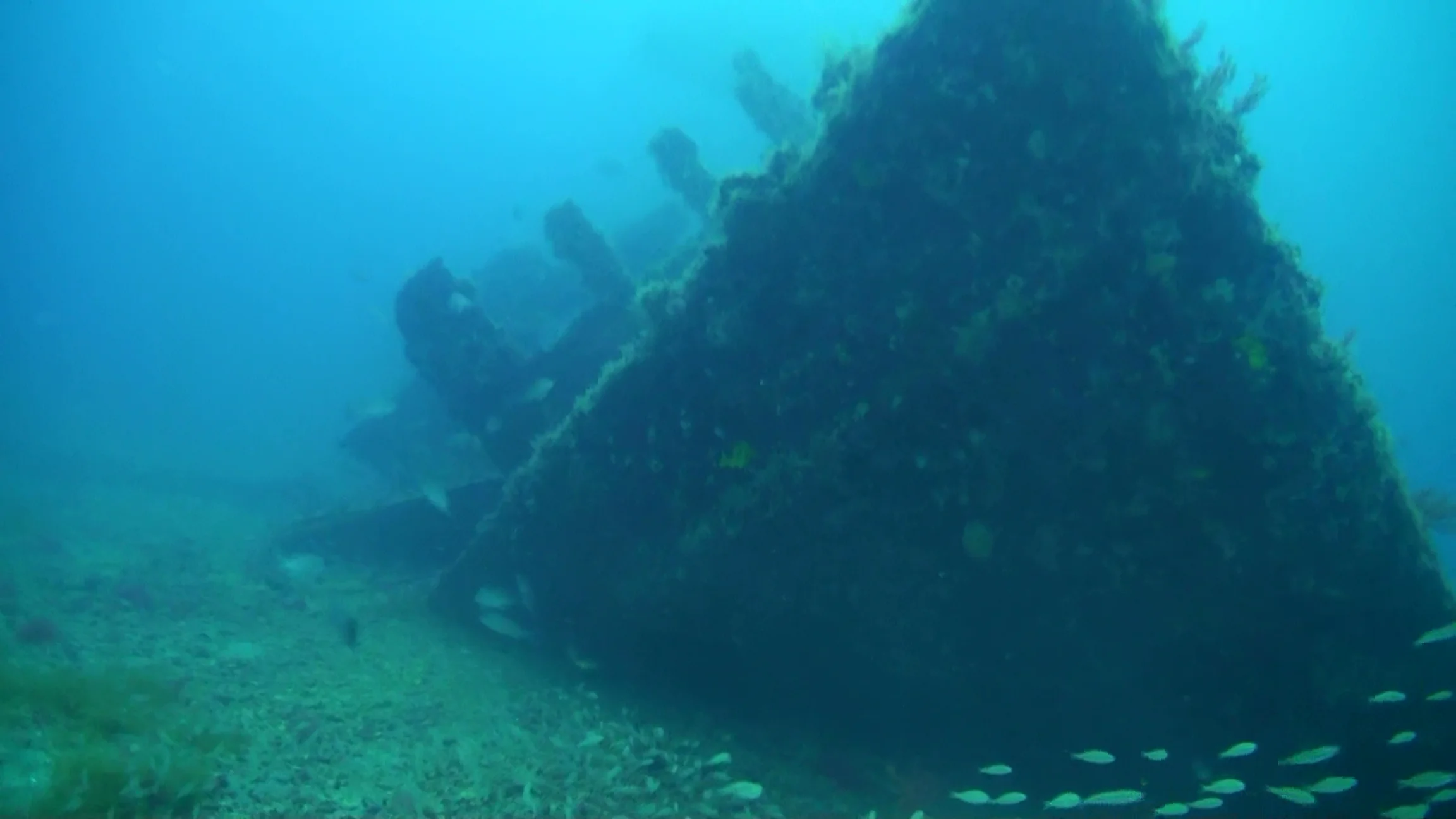
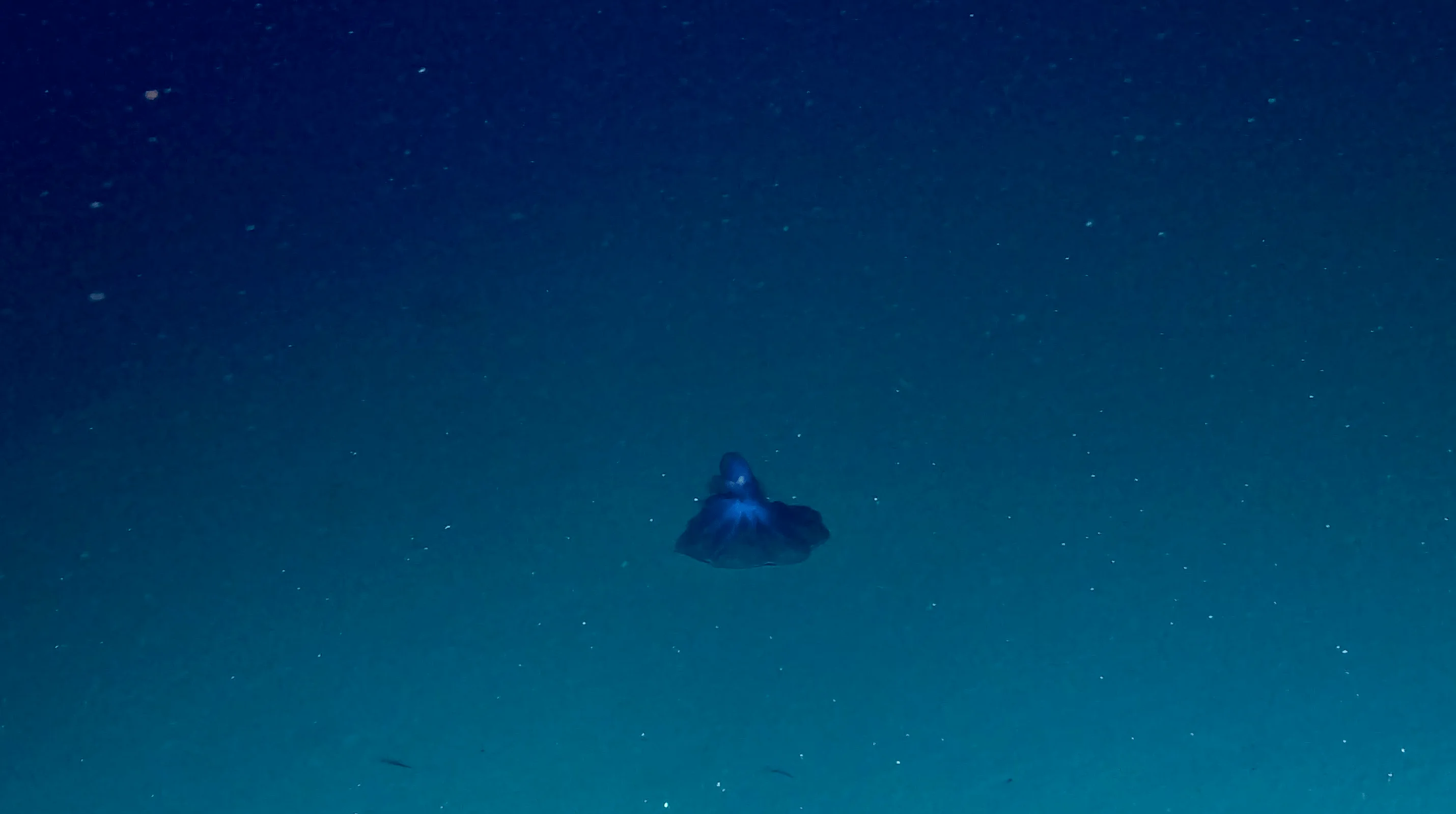
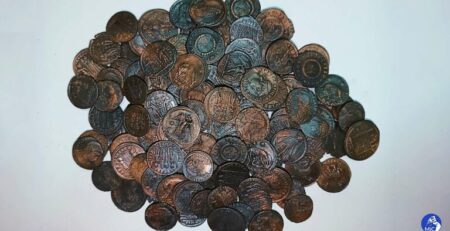

Leave a Reply